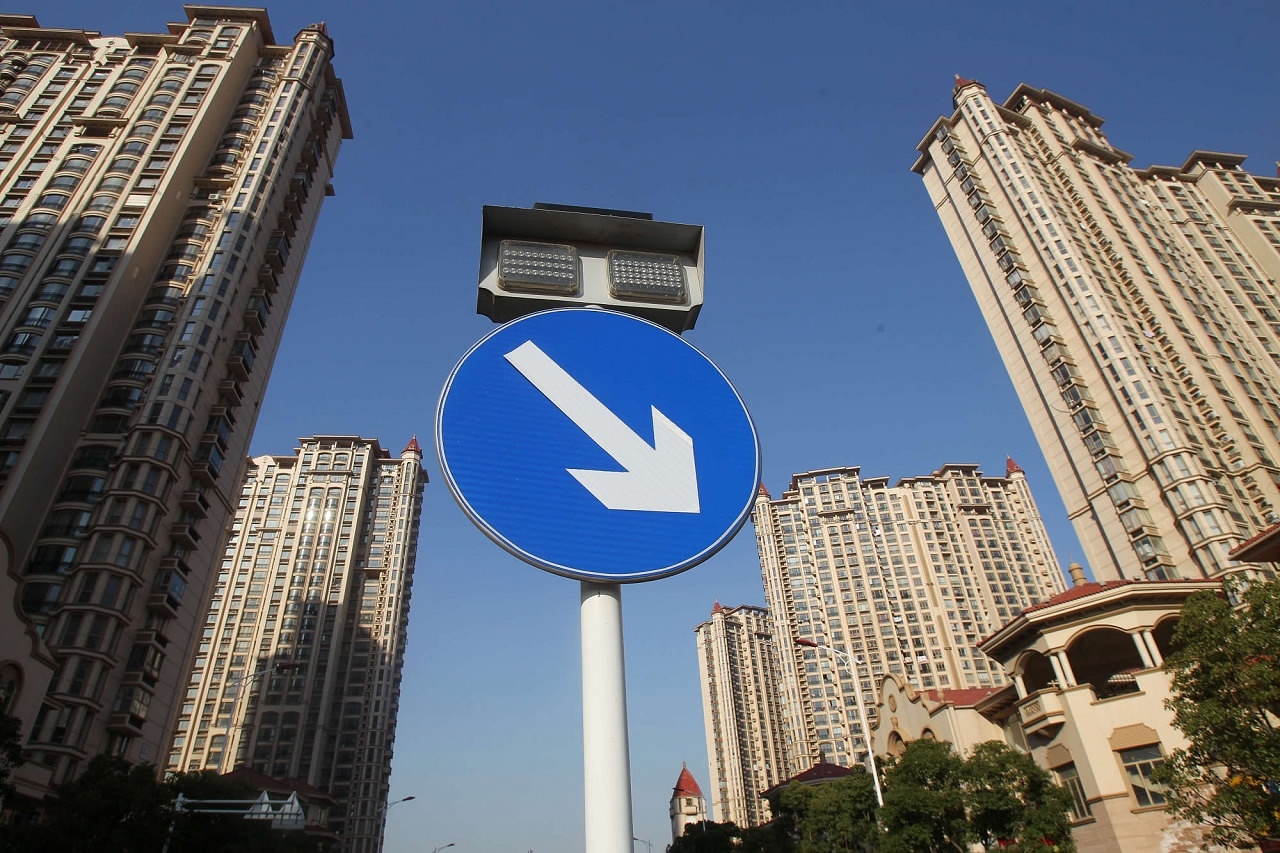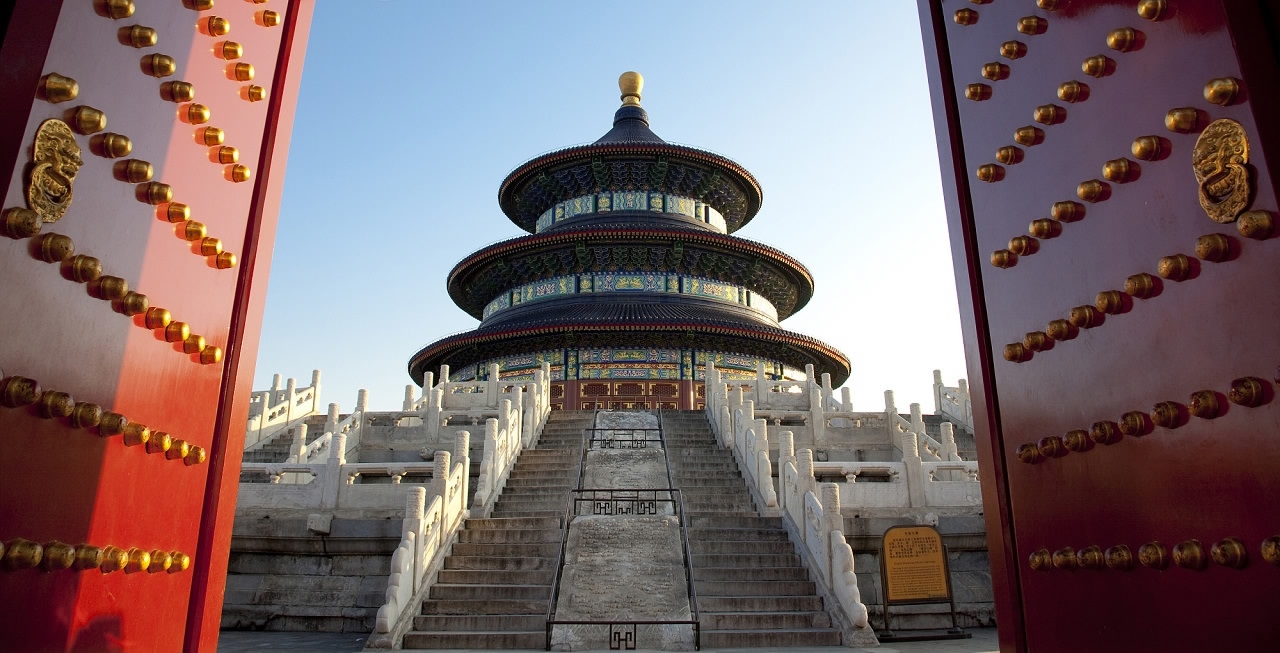
Politics
21:26, 13-May-2017
The Belt and Road Initiative: engine of an upgraded globalization

Guest commentary by Han Hua
On the university campus of globalization, China is like a heavyweight freshman. So, when China proposed a new club – the Belt and Road Initiative -- dedicated to friends and their welfare, there were differing opinions. Some said there were too many global groupings to embrace a new one, others said they were bored with the existing mechanisms and wanted a fairer, more private playground.
That will not stand in the way of the Belt and Road, rather, China is determined to find creative ways to maneuver its resources and promote greater connectivity on all fronts -- people, policy, trade, infrastructure and finance.
China's effort is even more cherished in the context of anti-globalization discussions and practices since 2008, when the world financial crisis broke out. Its aftermath is still holding governments and institutions accountable. The imbalanced globalization, or globalization 1.0, drives academics, governments and leaders around the world to keep thinking of new directions and methods to tackle the problem.

The Chinese market was also effected in the financial crisis due to its connections to the world. /VCG Photo
The Chinese market was also effected in the financial crisis due to its connections to the world. /VCG Photo
One is to continue free trade but to retreat from global affairs, another is exiting the globalized efforts and organizations, and downgrading the international causes of sustainability and environmental protection, not to mention the development goals proposed by the United Nations.
China is exercising the contrary. The country's development has benefited from the international community, and now as the world's second largest economy, it has made, and will continue to make, contributions to global development. By identifying the disadvantages of the last round of globalization, such as lack of engagement from developing countries, China proposes an upgraded version of globalization through the concept and practices of the Belt and Road Initiative.
The initiative is dedicated to all friends along both the real and virtual "Silk Road", indicating that openness and inclusiveness are hallmarks of this "friends' circle." It welcomes participation, from under-developed markets to people in every corner of the world, to build a much more solid foundation for globalization, and to maintain economic independence for each participant at the same time.

China opens its door to all its friends. /VCG Photo
China opens its door to all its friends. /VCG Photo
In this regard, the Belt and Road Initiative is the new engine of globalization, on the basis of working with countries and aligning their development strategies and priorities.
And even more. China is a country with over 5,000 years of history, independent culture and value system. Traditional Chinese Medicine is regarded as one of the most valued products China offers to the world. The upgraded globalization through the Belt and Road Initiative is just like using TCM to mildly but progressively tackle the "fever" of the last round of globalization, with few side effects. Why? The hot money which flew through non-barrier markets in the last decade needs to be "cooled down", and the money put into virtual financial products instead of the real economy needs to find a way "home", through infrastructure and manufacturing.
One of the Belt and Road Initiative's key aims is to connect railroads and expressways, hence it is a perfect soft landing for a more solid globalization, bearing in mind the interests of people around the world.
(Han Hua, fellow at Chong Yang Institute for Financial Studies of Renmin University. The article reflects the author's opinion, not necessarily the view of CGTN.)

SITEMAP
Copyright © 2018 CGTN. Beijing ICP prepared NO.16065310-3
Copyright © 2018 CGTN. Beijing ICP prepared NO.16065310-3